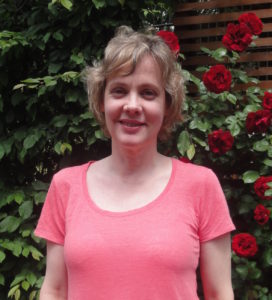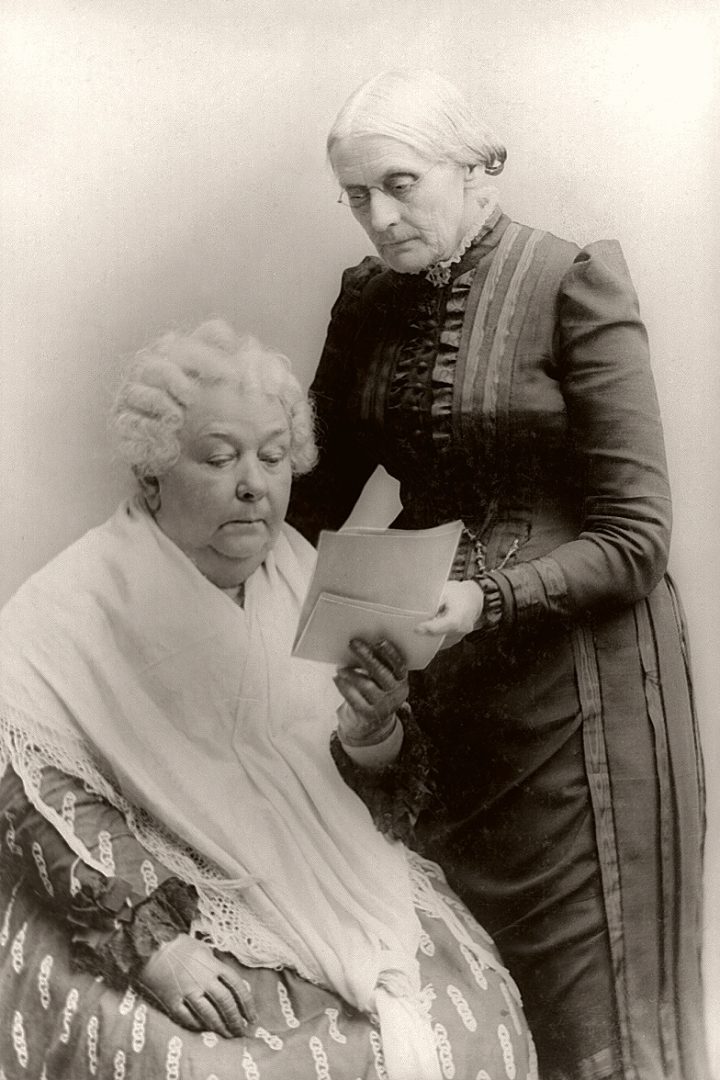“All religions thus far have taught the headship and superiority of man, the inferiority and subordination of woman. Whatever new dignity, honor, and self-respect the changing theologies have brought to man, they have all alike brought to woman but another form of humiliation.” -Elizabeth Cady Stanton
The history of feminism
Throughout the history of feminism, atheists, atheist organizations, and secular ideologies have played an important role. Many of the earliest feminists, and the political organizations they founded or involved themselves in, were overtly anti-religious. Ernestine Rose, a major feminist of the 19th century, vocally confessed her disbelief in Judaism early in life. She went on to become one of the founders of the atheist organization known as the Association of All Classes of All Nations, which spoke out against both sexism and religious oppression.
Most famous names in the feminist movement
Susan B. Anthony and Elizabeth Cady Stanton, perhaps the most famous names in the feminist movement, also vocally expressed their antagonism toward religion, even going so far as to credit the anti-religious activities of people like Ernestine Rose as influences that made the famous Seneca Falls Convention possible.
 In more modern times, the third wave of feminism has within it an entire sub-movement called atheist feminism, and many women have risen to prominence both within the modern feminist movement and the new atheism movement. Perhaps the most striking individual who brings together modern feminism and atheism is Annie Laurie Gaylor. Gaylor has built her intellectual career on identifying the harms done to the feminist movement by religion and superstition, especially in two of her books, “Woe to the Women: The Sexism in the Bible” and “Women Without Superstition: No Gods, No Masters.” As a member of the atheist movement, Gaylor co-founded the Freedom from Religion Foundation in 1976 and was a longtime editor of the secularist magazine “Freethought Today.”
In more modern times, the third wave of feminism has within it an entire sub-movement called atheist feminism, and many women have risen to prominence both within the modern feminist movement and the new atheism movement. Perhaps the most striking individual who brings together modern feminism and atheism is Annie Laurie Gaylor. Gaylor has built her intellectual career on identifying the harms done to the feminist movement by religion and superstition, especially in two of her books, “Woe to the Women: The Sexism in the Bible” and “Women Without Superstition: No Gods, No Masters.” As a member of the atheist movement, Gaylor co-founded the Freedom from Religion Foundation in 1976 and was a longtime editor of the secularist magazine “Freethought Today.”
Even outside of the atheist feminist movement, modern feminism is inherently aligned against the religious worldview. Atheist feminists say that religion is innately and fundamentally oppressive to women. However, there are certainly many religious feminists in the world who believe that the true teachings of religion are perfectly egalitarian. However, such theorists are very often convinced that the earthly manifestations of religion have distorted and misinterpreted theological teachings on sex and gender issues. In any case, it is generally agreed among feminists that modern religious life is fraught with sexism and disrespect toward women. The argument between the atheist feminists and the religious feminists merely concerns whether the sexism that exists the churches is fundamental to the nature of religion or if it is merely an effect of the historical male domination of religious teachings.
Given the historical and modern relationship between the atheist and feminist movements, it is quite clear that the two are compatible. Indeed, they may even show signs of interdependence. The real question, it seems, is rather feminism and religion are compatible. I’ll leave the reader to sort out that question.
https://www.youtube.com/watch?v=klfH9QaEcqY






